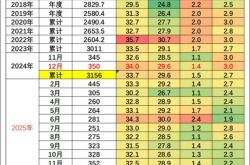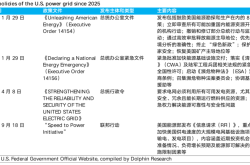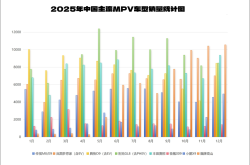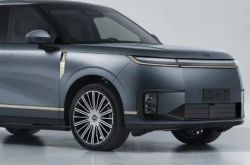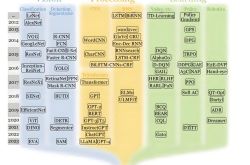Xiaomi Launches Second Car Model Amidst Spotlight Following Turbulent Times
![]() 06/27 2025
06/27 2025
![]() 734
734
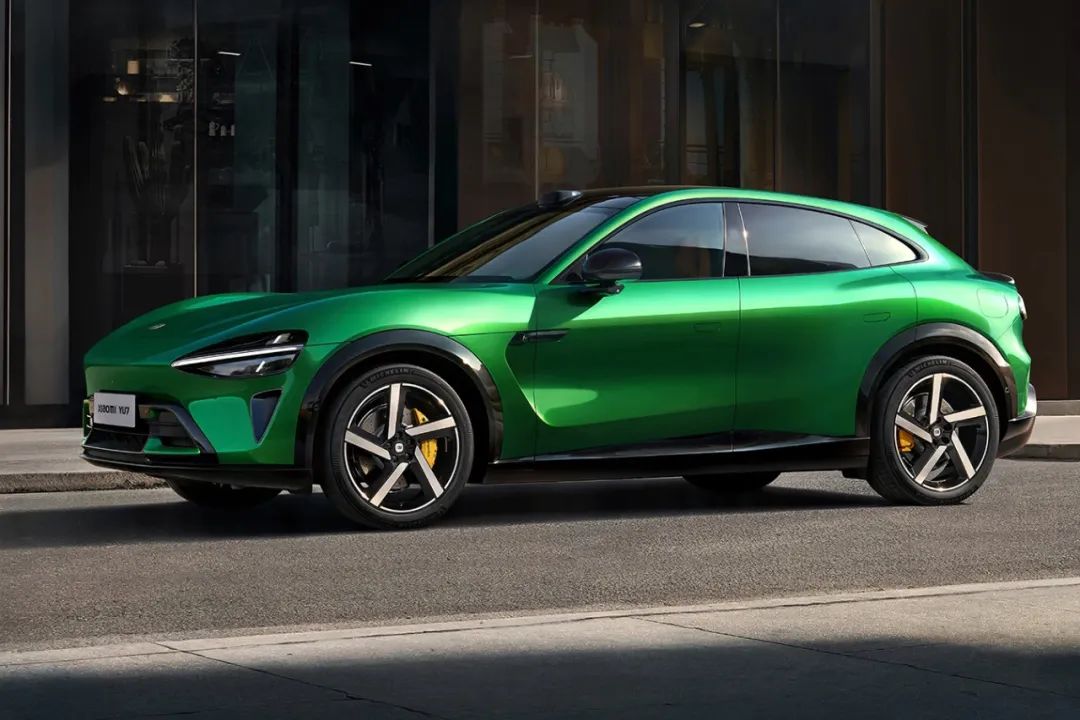
After a fatal highway accident, Xiaomi Auto once again finds itself under the public spotlight.
On the evening of June 26, Xiaomi Auto officially unveiled its second model, the Xiaomi YU7. Within just three minutes of opening pre-orders, the vehicle received 200,000 orders (refundable within seven days), with orders climbing to 289,000 within an hour.
The new car is available in three variants: the Standard version priced at 253,500 yuan, the Pro version at 279,900 yuan, and the Max version at 329,900 yuan.
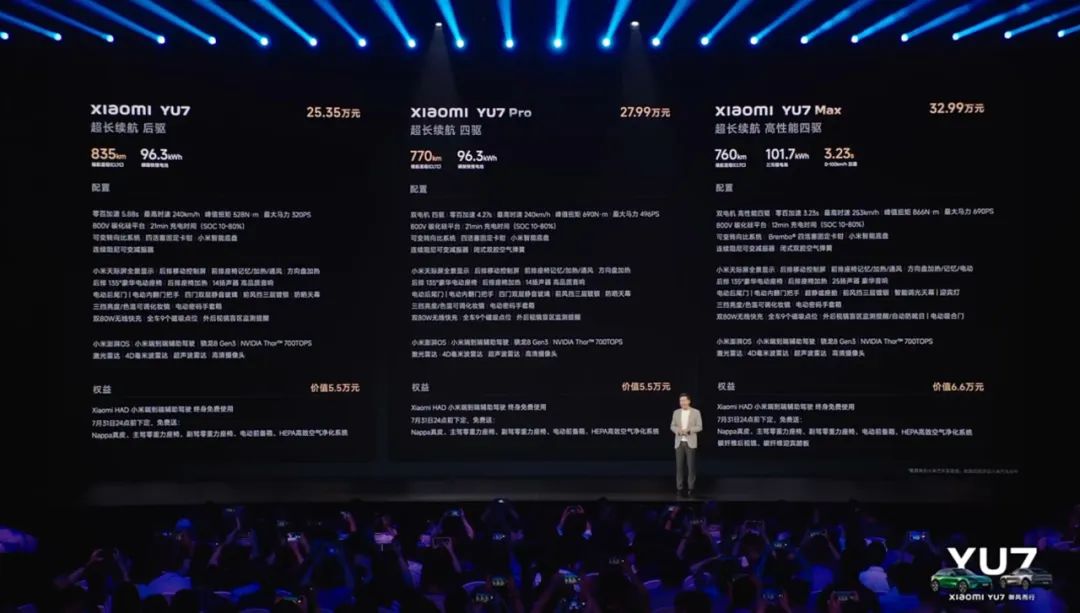
The Xiaomi YU7 is a mid-to-large SUV with dimensions of 4999/1996/1600mm and a wheelbase of 3000mm. Customers can choose from nine exterior and four interior color options.
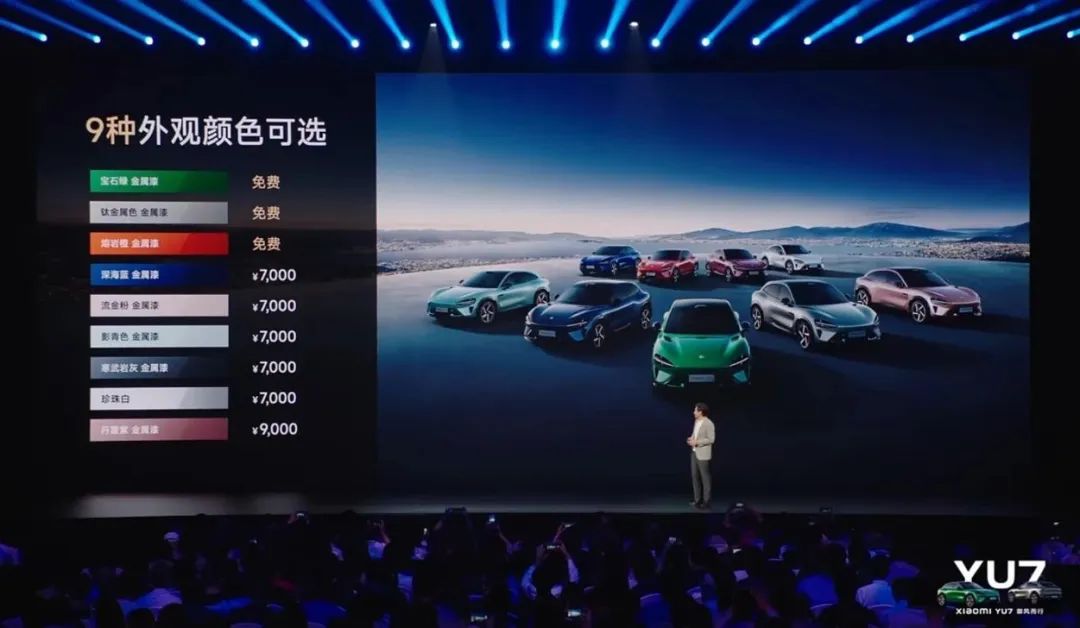
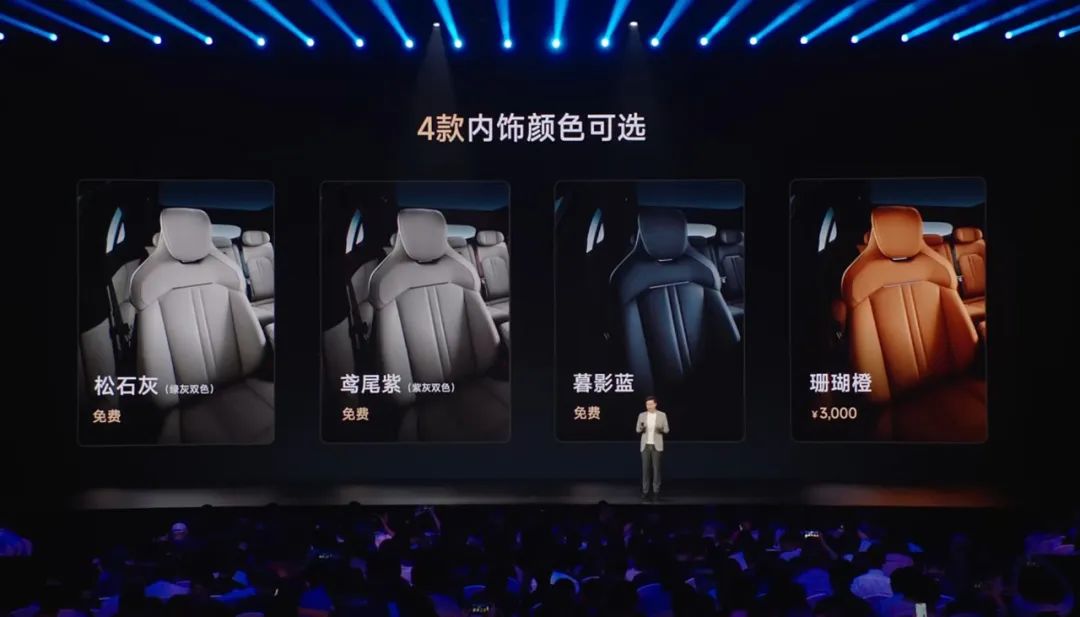
In terms of range and power, the Standard version comes with a 96.3kWh lithium iron phosphate battery, offering a CLTC pure electric range of 835km and a single motor power of 235kW. The Pro version also features a 96.3kWh battery, providing a CLTC range of 770km and dual motor power of 365kW. The Max version, equipped with a 101.7kWh ternary lithium battery, boasts a CLTC range of 760km and dual motor power of 508kW, along with an 800V SiC platform enabling a charging rate of up to 5.2C.
The Xiaomi YU7 comes standard with an intelligent driving system powered by NVIDIA's Thor-U computing platform, offering a computing power of 700TOPS. In terms of hardware, it includes 1 lidar, 1 4D millimeter-wave radar, 11 cameras, and 12 ultrasonic radars. Lei Jun announced that Xiaomi's XLA large model will be upgraded in the second half of the year.
For the chassis and suspension, the Xiaomi YU7 features a front double wishbone and rear five-link system, with CDC variable dampers standard across all variants. The Pro and Max versions are additionally equipped with closed double-cavity air springs, supporting a 75mm height adjustment, ensuring both sportiness and comfort.
In terms of configuration, compared to the purely sporty Xiaomi SU7, the Xiaomi YU7 strikes a balance between sportiness and comfort, appealing to family users. It comes standard with dual zero-gravity seats for the driver and front passenger, offering 10-point massage functionality, and the rear seats support 135-degree electric adjustment.
Since its launch, the Xiaomi SU7 has consistently shown robust sales performance. In May alone, Xiaomi delivered 28,013 SU7 vehicles, more than double Tesla's Model 3 deliveries of 13,818.
The Xiaomi YU7's launch is a direct challenge to Tesla's Model Y, with Lei Jun openly stating that the YU7 is targeting the Model Y.
While initial speculations placed the entry-level price of the Xiaomi YU7 around 230,000 yuan, the official launch price is slightly higher than user expectations. However, based on order feedback, it has still seen a surge in popularity.
While price has not dampened users' enthusiasm for the Xiaomi YU7, production capacity bottlenecks may impact their final decision to lock in orders. Currently, the delivery cycle for the Xiaomi SU7 is 33-52 weeks, and the outlook for the Xiaomi YU7 is not expected to be any more optimistic.
Regarding Xiaomi's production capacity, its Phase I base in Beijing's Economic-Technological Development Area has an annual capacity of 150,000 vehicles and is already operational. Phase II, also with a planned annual capacity of 150,000 vehicles, is about to commence production. Phase III, with an annual capacity of 100,000 vehicles, will bring Xiaomi's total annual production capacity in Beijing to over 400,000 vehicles upon completion.
Lei Jun previously stated, "Xiaomi Auto has been diligently working to increase production capacity and has made progress, raising our full-year delivery target for 2025 to 350,000 vehicles."
On March 30, 2021, Lei Jun officially announced that Xiaomi would fully invest in car manufacturing, with an initial investment of 10 billion yuan and a ten-year plan of 10 billion dollars, with Lei Jun personally leading the team. In November of the same year, it was announced that the headquarters and factory would be located in Beijing.
In December 2023, Xiaomi held a technology conference, unveiling five core technologies: the Super Motor V6s, the Silicon Carbide High-Voltage Platform, the 9100-ton Large Die Casting, the Intelligent Cockpit (Xiaomi HyperOS), and the Xiaomi Pilot intelligent driving system.
In March 2024, the first model, the Xiaomi SU7, was officially launched, with a total of 136,854 vehicles delivered in 2024. It can be said that Xiaomi Auto hit the mark and successfully entered the ranks of new energy vehicle manufacturers.
However, just as Xiaomi Auto was at its peak, a tragic accident sent it into a tailspin.
On March 29, 2025, a fatal accident involving a Xiaomi SU7 occurred on the De-Shang Expressway in Tongling, Anhui, resulting in the deaths of three young female college students.
The accident timeline revealed that the driver was operating the Xiaomi SU7 Standard version in NOA (Navigate on Autopilot) mode at a speed of 116km/h. After detecting construction obstacles ahead, the vehicle issued an alarm. The driver took over control, but the collision occurred only 1-2 seconds later at a speed of approximately 97km/h, and the vehicle caught fire post-collision.
This accident highlighted several issues, including the limitations of intelligent driving systems (AEB not responding to obstacles like cones and too short a warning time), battery safety concerns (the cause of the vehicle fire), door unlocking mechanisms (family members questioning why the doors could not be opened), and user misperceptions of assisted driving functions (over-reliance on the system).
The incident garnered widespread social attention and prompted regulatory authorities to focus on the safety of intelligent assisted driving, power battery safety, and hidden door handle safety issues.
However, Xiaomi Auto's public relations department failed to provide timely and positive feedback in response to public questions, further escalating public dissatisfaction. Lei Jun publicly acknowledged that the company was facing its "toughest moment" regarding this incident.
The surge in launch orders for the Xiaomi YU7 indicates that consumers are still willing to give Xiaomi Auto more opportunities to grow. With great power comes great responsibility, and it is hoped that Xiaomi Auto will live up to the trust of consumers and contribute positively to the development of China's new energy vehicle market.

